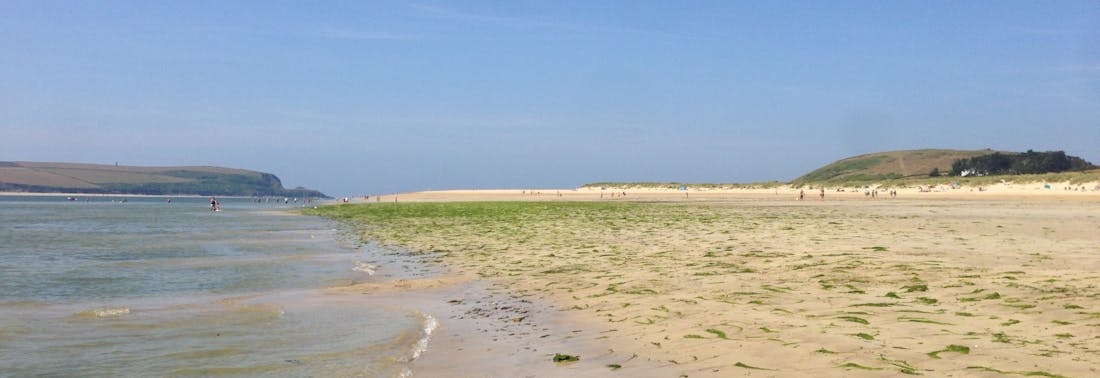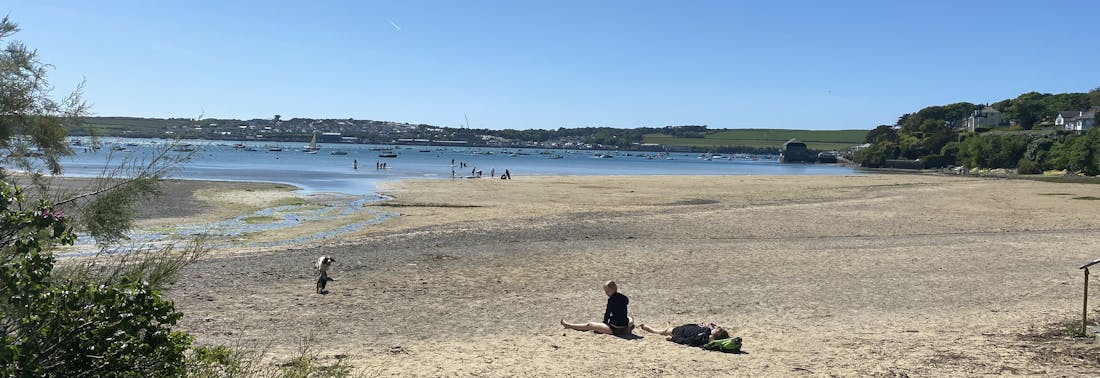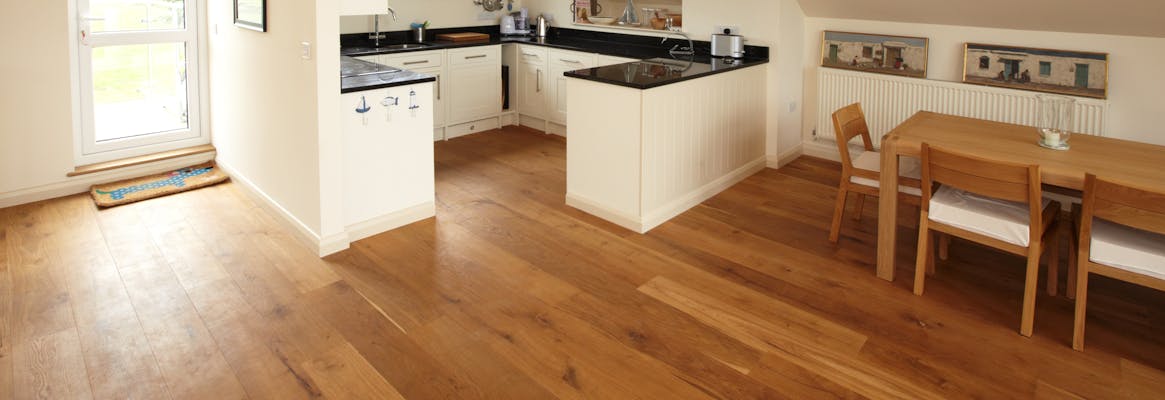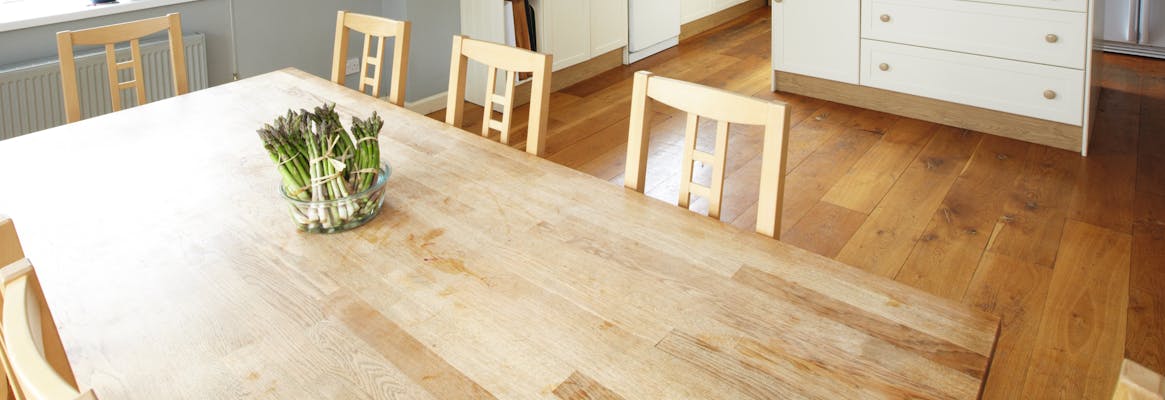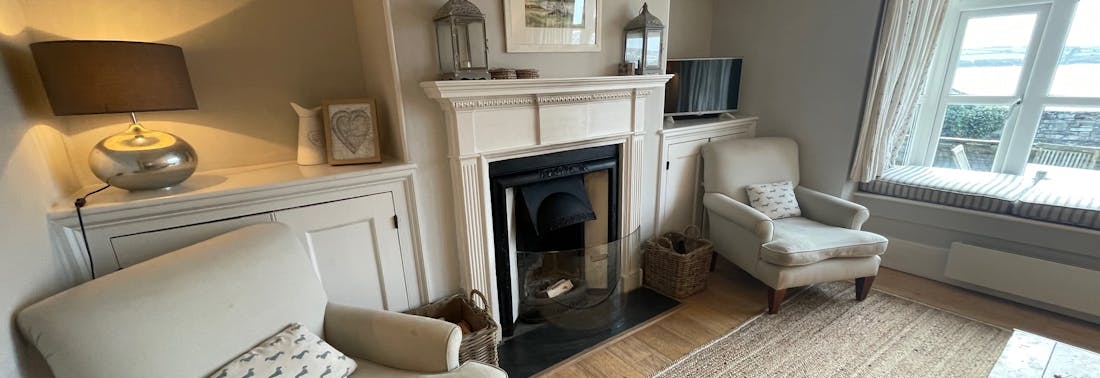Self Catering Holiday Property - Owners Legal Requirements
As a holiday let owner, it is vital to understand the regulations that are in place to protect not only your guests, but also your holiday let business and property. Detailed below are both the legal requirements and advice and guidance considered the minimum best practice.
Required by Law - actions and evidence required by law are highlighted in bold italics
Insurances
Specific building and contents holiday rental house insurance is a legal requirement – this needs to be a specialist policy for holiday rentals covering any damage to buildings and content by paying guests rather than just covering any damage from your family/ friends and your own use of the holiday home.
Employer liability insurance – is a legal requirement if you employ anyone to work in your holiday home. A minimum of £5,000,000 is suggested but many policies cover twice this as a policy standard.
Public liability Insurance – whilst not required by law it is considered essential. This is designed to help protect you from legal hassles and compensation claims in the event of one of your guests having an accident.
Fire Risks
An up-to-date Fire Risk Assessment is a legal requirement and also ensures that you provide a duty of care to keep guests safe. Additional information is available via HMRC website and Visit England and Cornwall Council Here is a contact for a Cornwall Fire Assessor https://www.firesafetycornwall.com or you can write your own, see Rocket Lawyer
It is also prudent to regularly check your smoke alarms keeping a record of when and how they were tested.
If your property has an open fire or log burner, it is best practice and often a requirement of the holiday rental house insurance to have the chimney swept (at least) once a year. You will receive a certificate from a registered chimney sweep. Be sure to leave clear instructions for your guests on how to safely use the fire.
It is a legal requirement for you to provide evidence that any of the furniture and fittings supplied in the property comply with the standards set out in the Furniture and Furnishings (Fire) (Safety) Regulations 1988.
Electrical appliances
You are required by law to ensure that all electrical appliances, circuits and fixed installations within your property are safe to use
While there is no legal requirement to obtain and renew an electrical safety certificate, it is a clear and proactive way to demonstrate that you are complying with electrical safety requirements. If you fail to maintain electrical installations and appliances, you could be accountable. Regular, simple visual inspections help determine whether a piece of portable equipment is faulty or damaged – check for common faults such as damaged plugs, frayed or damaged cables, or cracks in a casing. Remember to keep records of the date and details of each inspection.
If you do wish to have your electrical systems tested professionally, you should ensure that those doing the work are competent. This can be done by using electrical contractors who belong to either the Electrical Contractors' Association or to the National Inspection Council for Electrical Installation Contracting (NICEIC). However, portable appliance testing (PAT Testing) can be carried out by a trained, competent person who need not be a qualified electrician.
Gas Appliances
If there are any gas appliances at your property it is a legal requirement for a registered engineer to carry out an annual gas safety check on each gas appliance and you need to retain the record for two years
Oil fired appliances
An annual service should be carried out on any oil-fired boilers/AGAs/stoves
Carbon Monoxide detectors are legally required in all rooms containing a fire, gas or oil appliance.
Legionnaires disease
Whilst not a legal requirement for holiday rental properties, it is good practice to carry out a risk assessment just in case anyone did contract legionella whilst in your premises. There is much advice about Legionnaires on the internet - particularly on the HSE and a free template for the risk assessment can be downloaded here. Alternatively there are several commercial organisations that could do this for you. Anyone (holiday guests, caretakers, cleaners etc) who might be exposed to any risk should be informed of the processes to be followed to avoid such exposure and records kept. The risk assessment should be reviewed annually.
TV License
As an owner of a holiday let if you provide a television(s) for guests use, you must provide a TV Licence. It’s also important to remember that a license is needed regardless of how programmes are being viewed. These include devices such as computers, mobile phones or tablets.
Record keeping
It’s important for you to keep records of all the testing and maintenance that has been carried out. These records should enable you to demonstrate that you have complied with your duty of maintenance under the regulations.
In addition to the legalities mentioned above, it is worth including the date of checks on smoke and carbon monoxide alarms and advice given about the prevention of Legionnaires disease (which might also be a requirment of your holday home insurance).
Useful Information
Mortgages
If you have a mortgage on your holiday home it should be a specialist ‘holiday let’ mortgage, not a residential or standard 'buy to let' mortgage.
Specialist Insurance providers:
Parkway Insurance – a Camelford based insurance broker
Restormel – a Cornwall based insurance broker
Home Protect – online provider
Tax & Rates (Council Tax)
A Furnished Holiday Let is classified as a ‘trade’ by HMRC and to qualify for the special tax advantages the following criteria need to be met.
- Your holiday let must be actively promoted and let commercially, with the intent of making a profit.
- Your property must be available for commercial holiday letting to guests and holiday makers for at least 210 days (30 weeks) per year. and must be rented out as holiday accommodation to the public for at least 105 days (15 weeks) of the 210 days you have made it available. The time you or your family use the property doesn’t get counted towards this total.
- If your Furnished Holiday Let is rented out by the same person for more than 31 days, there shouldn’t be more than 155 days ( 22+ weeks) of this type of ‘long term’ occupation per year.
And, under the new rules, to qualify for business rates, from April 2023, you will need to prove your holiday let was rented out for a minimum of 70 days a year see Gove closes tax loophole on second homes - GOV.UK for full details.
Useful Links
There is lots of Government guidance on furnished holiday lets, self assessment and the new rules on business rates for self catering and holiday lets - in summary these links should provide you with all the information needed.
HS253 Guide on Furnished Holiday Lettings
HS222 Guide on how to calculate your taxable profits
HS252 Guide on Capital allowances and balancing charges
Gas Safe Register - find your local approved gas engineer via the Gas Safe Register.
Oil fired boiler service engineers - https://www.jmbrewer.co.uk/ http://www.ericbrownplumbing.co.uk/ are just a couple of many available.
Legionnaires prevention and risk assessment advice.
Risk assessment and testing across the South West https://www.swlra.co.uk/
Page last updated April 2022

